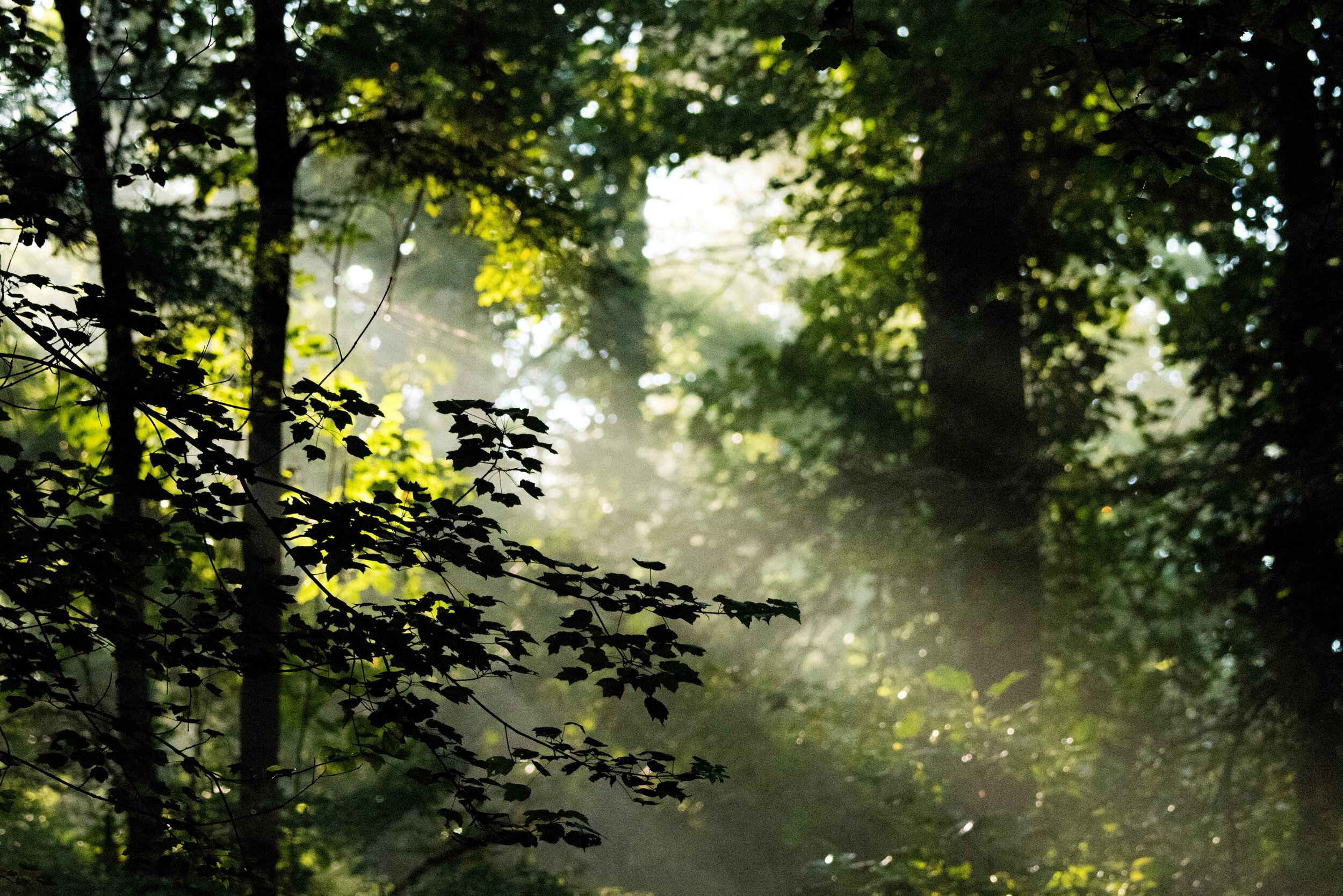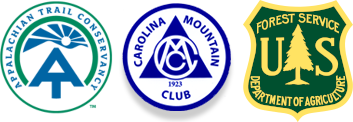
Where to stay near Max Patch:
Max Patch is near the scenic mountain town of Hot Springs, North Carolina. In addition to some nearby campgrounds and RV facilities, there are many hotels, motels, hostels, bed & breakfasts, cabins and cottages in and around the Hot Springs area. Click the link below for more information:
Hot Springs is recognized as an A.T. Community™ by the Appalachian Trail Conservancy. (Image: Robert Campbell)
Max Patch, Hot Springs and several other nearby towns such as Spring Creek are located in Madison County, North Carolina. Madison County is home to a number of other hiking trails and is a hot spot for many forms of outdoor recreation such as kayaking/canoeing, rafting, ziplining and fishing. There are plenty of dining and shopping options as well. Visit the county website to learn more:
Image: Robert Campbell
There are also lodging options available in several nearby Tennessee towns such as Newport, as well as a number of cabin and home rentals in the area surrounding Max Patch on both sides of the state border.
Two seasonal U.S. Forest Service campsites, Rocky Bluff Campground and Harmon Den Horse Campground are located nearby. For a full list of Forest Service campsites, click here. Areas for dispersed camping are also available and subject to all regulations.
While camping on Max Patch’s summit is closed, there are spots where camping is allowed outside of the area affected by the closure order. If you choose to camp here, keep in mind that bears have been spotted in the surrounding forests. For your safety (and theirs), please follow these BearWise Outdoor Safety Tips.
Proper food storage is a necessity for preventing undesired wildlife interactions. Follow these guidelines to stay safe:
1.) Always hang or store food, cooking utensils, and scented items in a bear-proof canister or in the closed trunk of a vehicle (never store food in a pickup truck bed or strapped to the outside of a vehicle). Secure your food, garbage, and other scented items immediately upon arriving at your campsite.
2.) Never leave coolers, garbage, or food items unattended in your tent or campsite. Always keep your food within arm's reach and don't turn your back to your food. Do not store food in your tent or backpack.
3.) Keep a clean campsite by disposing of food scraps and garbage. Do not leave items in fire rings, grills, or areas around your site. Remember to wipe down tables and grills to eliminate food odor, and wash dirty dishes immediately after use.
4.) Do not attempt to burn excess food in a fire. Burning organic matter completely requires a very hot fire - hotter than most campfires. Partially burned matter will still draw wildlife into camps.
5.) Remember to Leave No Trace. Trash encourages bears and other wildlife to visit your campsite. Keeping the area clean and properly disposing of any waste helps to ensure a safe visit.
Please remember to follow all camping regulations applicable to any national forests in North Carolina. Here are some important rules to remember when camping at a dispersed campsite (anywhere in a national forest outside of a designated campground):
There is a camping limit of 14 consecutive days in any dispersed or non-fee area.
You must remove all personal and camping equipment when vacating the site (including all trash).
Do not camp in violation of any posted signs.
Only use dead wood for fires. Do not cut or damage any living trees, shrubs, or plants.
Human waste must be buried in a hole dug at least six inches deep.
Do not camp within 100 feet of the base of any cliff or the back of any rock shelter.
Campfires must be completely extinguished before leaving. Always maintain control of campfires and never leave a fire unattended. If you are inexperienced with campfires, consider bringing a camping stove as these will keep fires contained and do not require wood.



